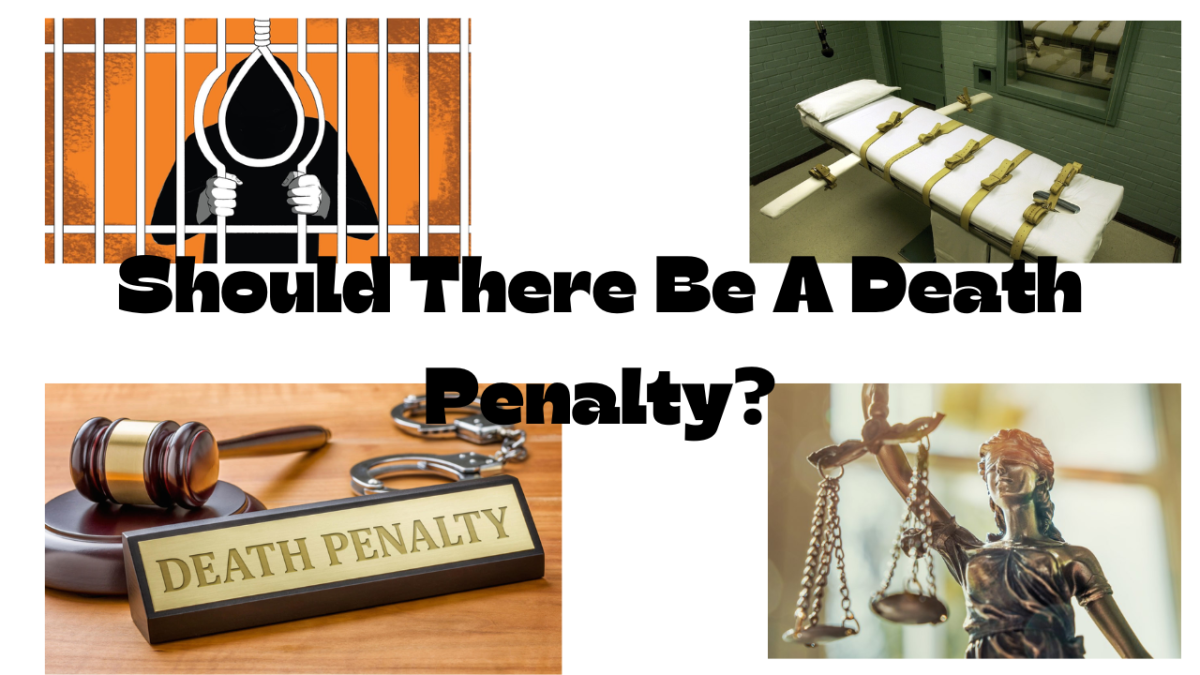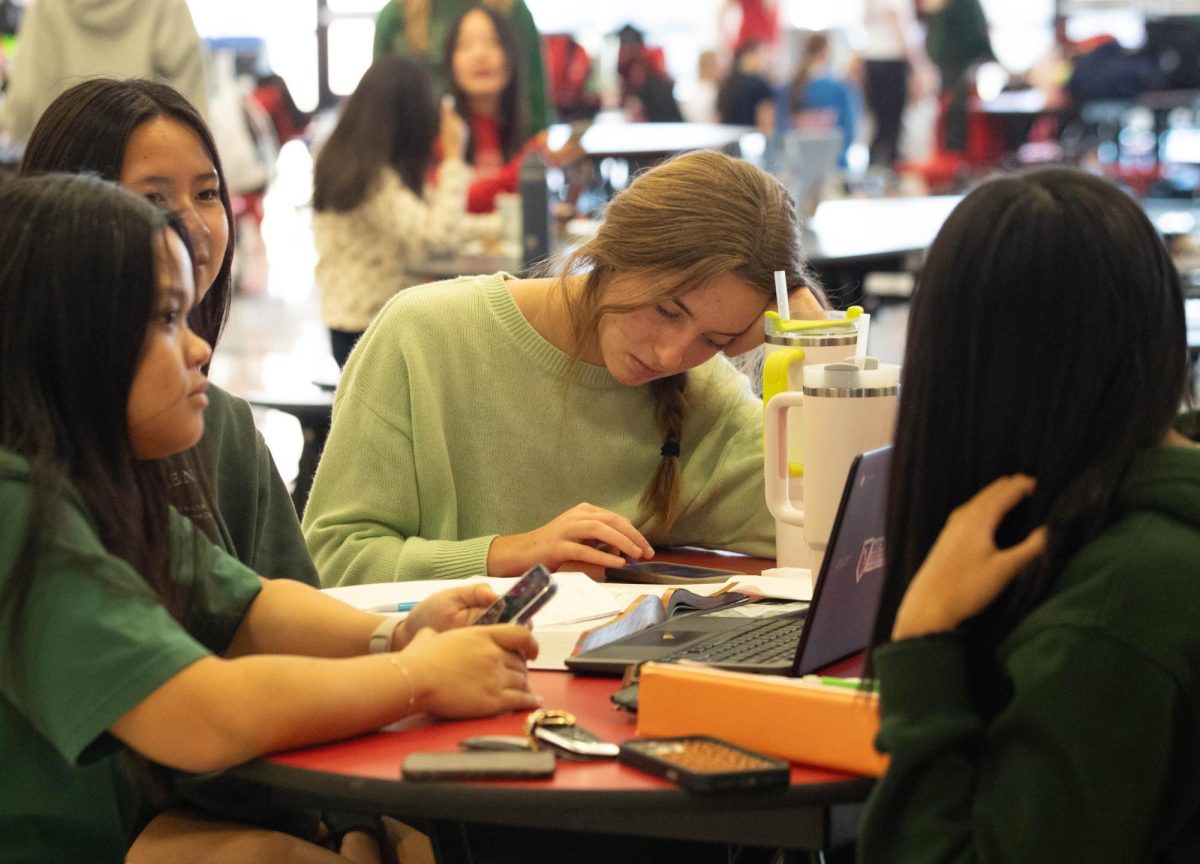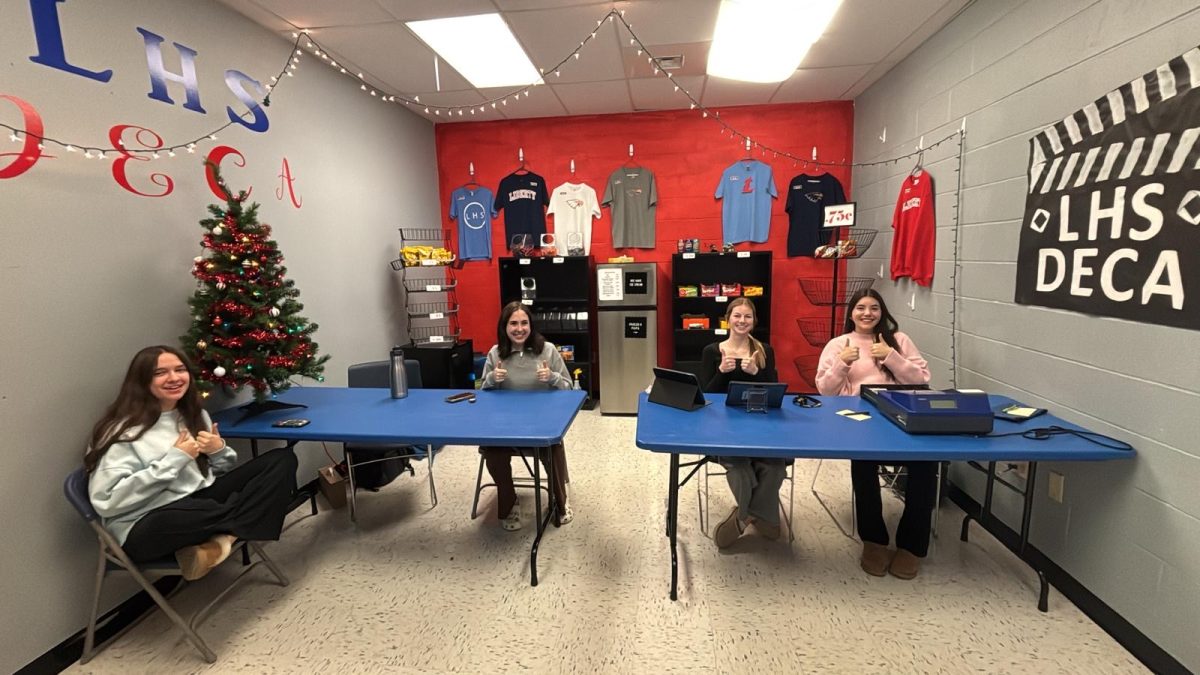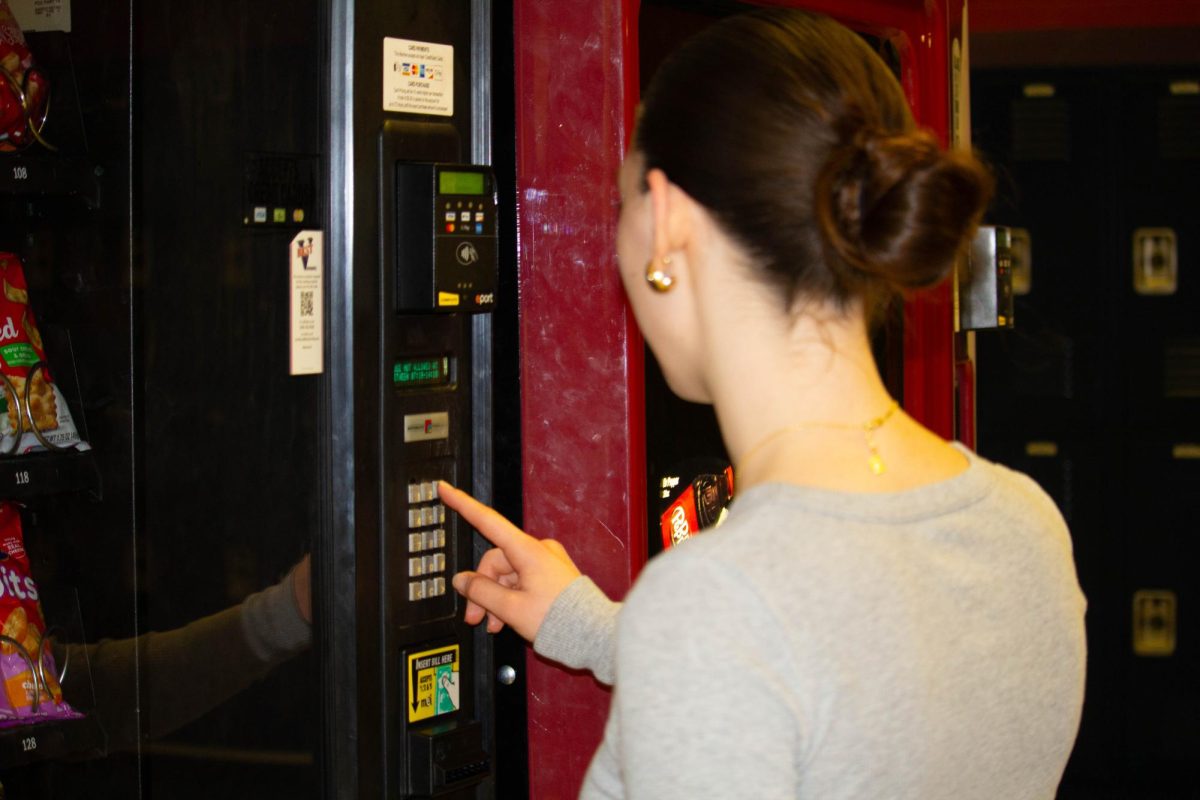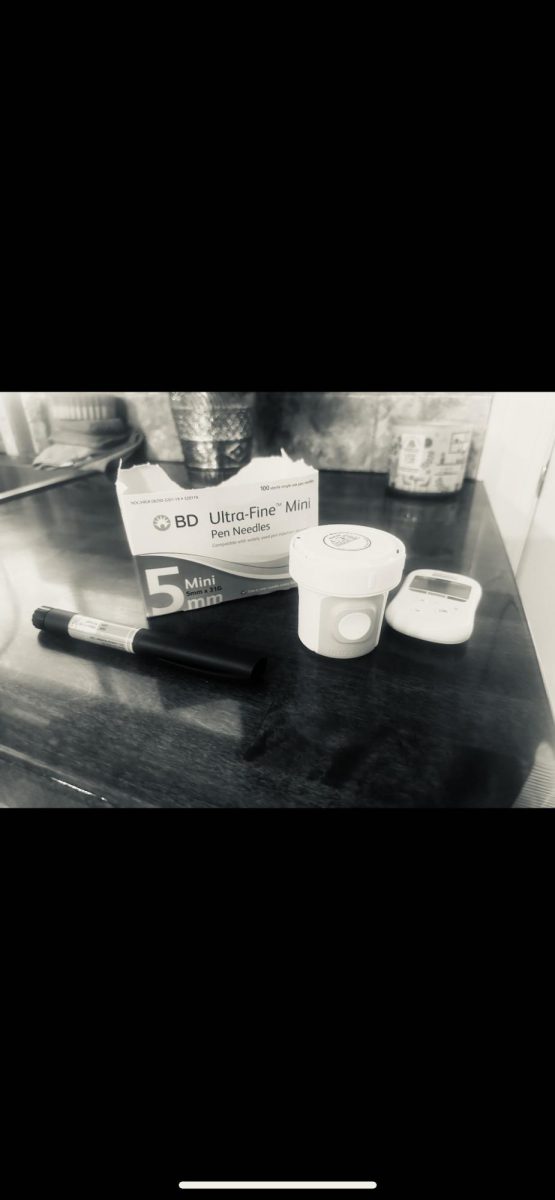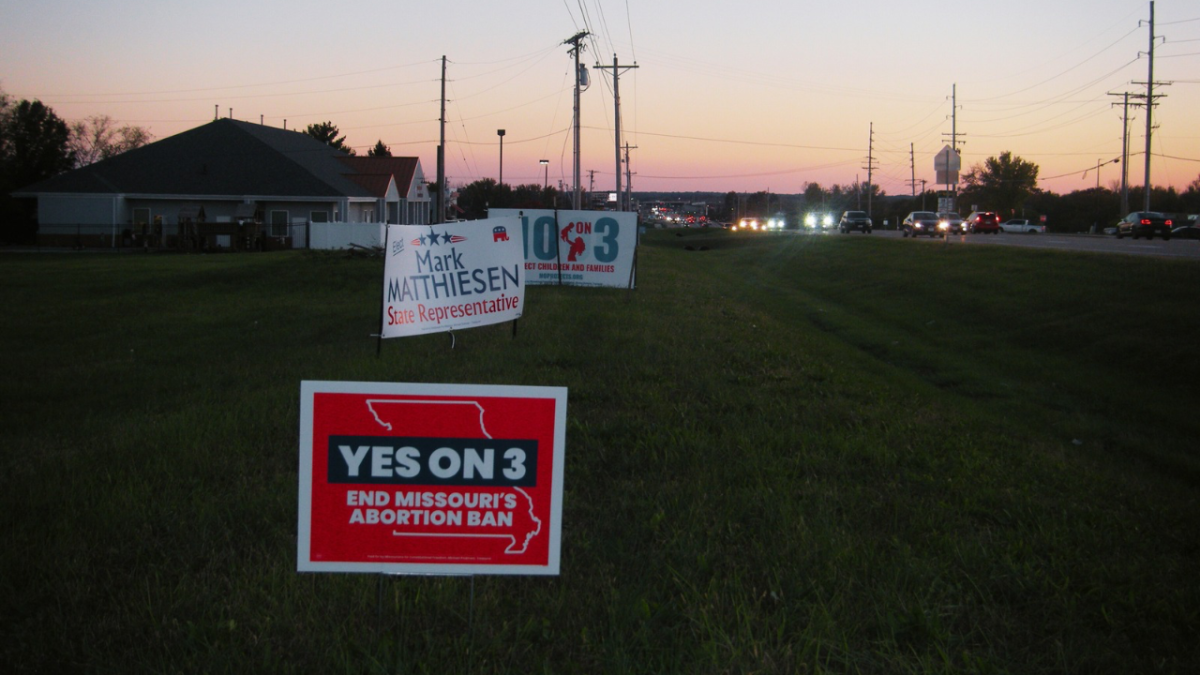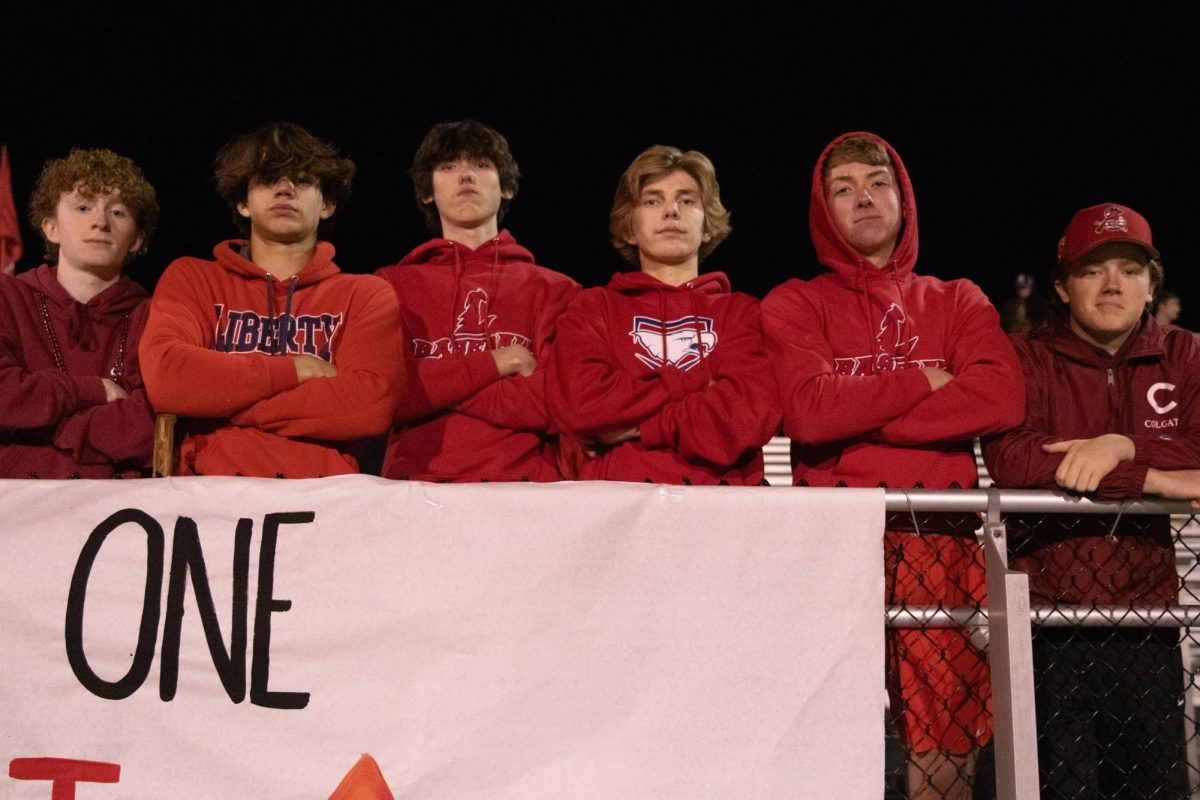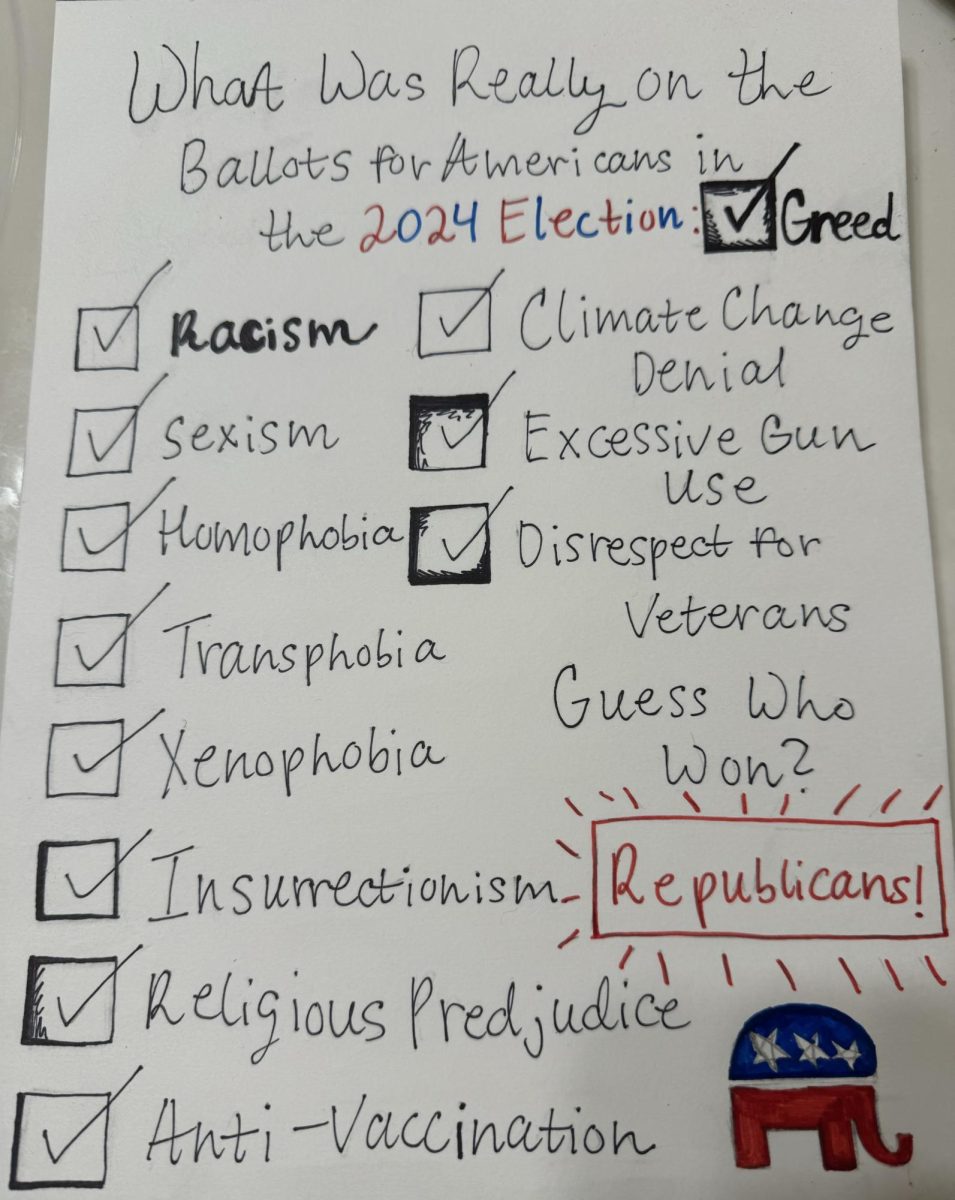The election of 2016 saw the rise of a very important and novel campaign tactic: tweeting. Using the social media platform, Twitter, under @realDonaldTrump, the frequent tweets of the 45th and now 47th president Donald Trump gained widespread notoriety, during and after his 2016 presidential campaign.
Former U.S. Press Secretary Sean Spicer, once even stated, that his tweets should be taken as “official statements”.
The broader world of social media and the internet have found an increasingly important role in another presidential election. In the election year of 2024, podcasts are dominating conservative spheres and a Gen-Z media task force catapulted Vice President Kamala Harris to memedom. This time, tweets guided a spontaneous political movement when English singer-songwriter Charli XCX tweeted a simple three word phrase: “kamala IS brat”
Brat was the sixth studio album released by Charli XCX in June of 2024, branding the warm season as “brat summer.” Transforming the meaning of “brat” from a spoiled child, to someone exuding confidence and being unapologetically bold, brat became an internet phenomenon.
XCX’s tweet linked Harris with the lime green concept of brat and connected the former California senator with the progressive Gen-Z community lingering on Twitter, Tiktok, and Instagram.
Kamala Harris and her political campaign became synonymous with brat, igniting an excited fanbase of young people in support of Harris for president. Before Harris had even announced Minnesota governor Tim Walz as her running mate or expanded on her policies, homages to brat alongside Harris’ “you think you just fell out of a coconut tree” quote were fed to the Tiktok feeds of young voters.
The influence of social media on political campaigns rose to a new height in the 2024 presidential election, when the Harris campaign employed an intern-managed Tiktok account, @KamalaHQ, that regularly released content targeted at Gen-Z with heavy emphasis on memes and pop culture incorporated with Harris’ image.
Accompanying her meme taskforce were an impressive roster of political activists turned social media sensations including John F. Kennedy’s grandson and resident millennial, Jack Schlossberg, who took on the mission of creating countless social media videos supporting Harris in light of “how social media is now central to political campaigns.”
Likewise, becoming viral following his dance at a Harris rally, former Georgia High School Democrats Chairman, Parker Short, skyrocketed to TikTok stardom with content centered around voting for Harris and supporting Georgian Democrats during the 2024 election season.
“I think it’s kind of scary the way that pop culture and politics is becoming so fused together,” Keena Boschert said (11)
Voters were constantly and consistently rushed political content from Harris and Trump for the duration of their campaigns. To many, the addictive and nonstop algorithm found in social media apps like Instagram and Tiktok makes it so that
“Every single thing has some sort of political connotation to it,” Boschert said. “I think that’s why recent politics seem so intense and aggressive.”
When politicians are increasingly using social media, there is also an increasingly large rate of misunderstanding and misrepresenting young people, the demographic that uses the internet the most, and whole demographics of people, most importantly voters.
“I just feel put off by [Harris] at times,” Paradise Honors High School (Ariz), Olivia Hanson (11) said
“She’s the candidate who’s meant to represent me and my interests,” Hanson said.
Hanson feels that Kamala Harris’ use of social media was “almost as if she’s preaching a caricature of [Black women].”
Tiktok user @_anastasiagracia_ felt a similar way, creating a video criticizing how KamalaHQ turned Trump’s comments about Haitian migrants eating pets into a popular Tiktok sound, despite most of the KamalaHQ staff being of caucasian descent. @_anastasiagracia_ viewed the action as a mockery to the Haitian community.
Social media will continue to dominate politics, where the Ed Markey’s of the world will continue to endorse brat summer, but social media has not gone too far. In fact, social media may not have done enough for Harris or her campaign.
Hanson asserts that Kamala Harris’
“Campaign is playing into their idea of Gen-Z, but not telling me anything about her actual vision or addressing my problems and fears,” Hanson said.
Contrastingly, the KamalaHQ Republican-equivalent, TeamTrump, approached the realm of Tiktok with more of a balance. For example, their comedic jabs at the Harris-Walz ticket were posted alongside a more informative video of Trump speaking to his supporters about his tax policy.
While Gen-Z followed Kamala Harris’ campaign through a path of brat and coconut laced rhetoric, her campaign’s social media tactics failed to deliver the information that truly mattered: her policies, beliefs, and promises. When “[politics] becomes something you see everywhere,” Boschert said. It can dominate the internet in a way that pushes aside the important policies and promises we ultimately elect politicians for.
While brat united the young masses of Tiktok and Instagram, it lacked the accompaniment of Harris’ campaign platform that could have powerfully appealed to a larger audience and given the United States its first female president. Social media will continue to be an important tool in future elections, but the results of the 2024 election suggests that we must use it wisely.
Brat did not go too far, it did too little.




